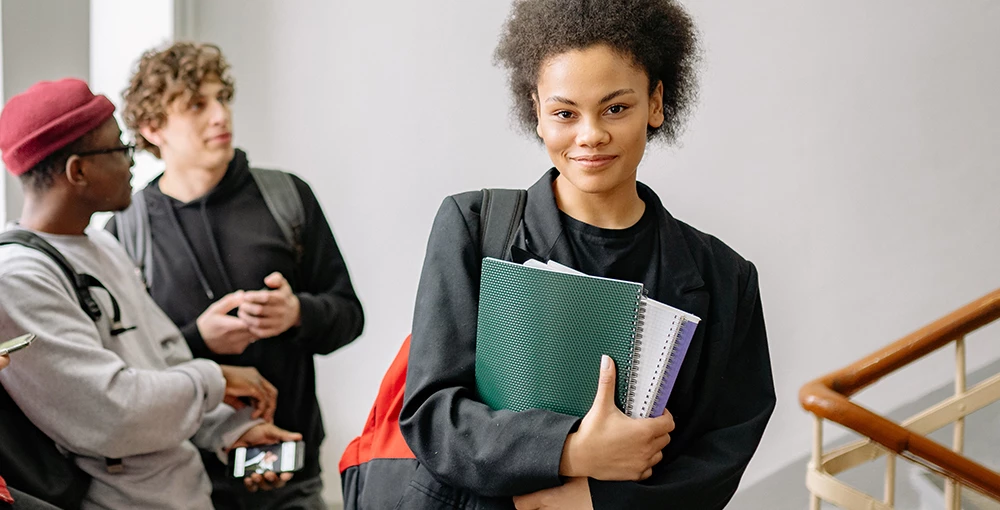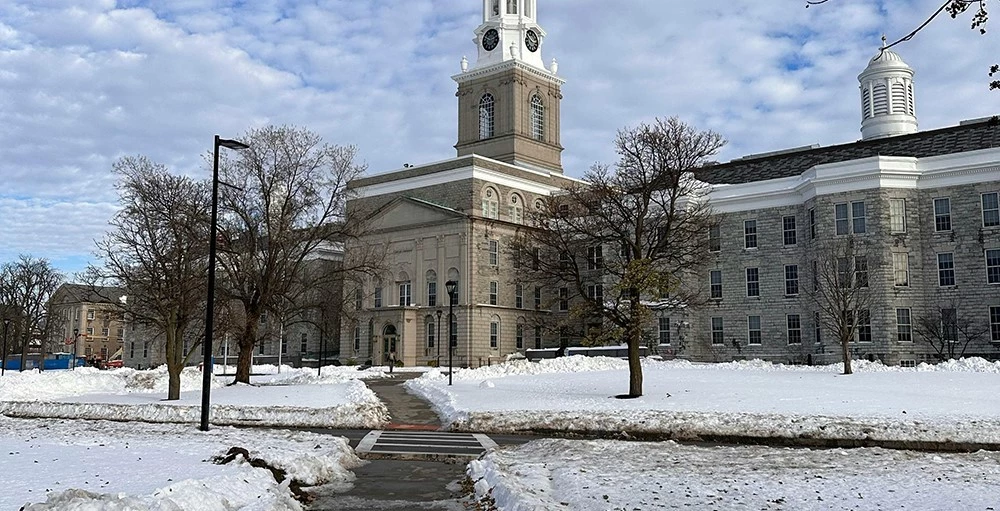When it comes to your college students' finances, there is good news and bad news. The good news is that an AIG/EVERFI1 survey of 20,000 nationwide college students found that, despite the recent challenges, these students are confident and optimistic about their financial situation.
Nonetheless, the survey found some troubling information as well.
The Good News
The last two years have been plagued with trials for college students – from remote classroom instruction to health concerns to higher-than-normal unemployment. The fact that they are responding with resilience is great.
The survey found that students feel:
- They know how to handle their money (58%)
- Prepared to handle their personal finances (60%)
- Optimistic about finding a job after graduation with 39% believing COVID-19 will have little impact on their job search
- Although job stress is high (50%), it is lower than it has been in past years.
- They will make more money with 17% believing their first job will be $85,000 or more per year
Additionally, many students are participating in or planning to participate in good financial habits such as checking their accounts regularly, saving for retirement, and building an emergency fund.
Finally, students feel confident that they will be able to repay their student loans with more students planning to pay their loans on time and in full than in prior years.
Despite the student loan debt crisis reaching $1.749 trillion2, these students are not finding student loan debt to be a source of financial stress.
This may be due to a belief that student debt will be canceled, that they can qualify for a loan forgiveness program, or that their employer will provide a program to help.
The Not-So-Good News
Despite the overall good outlook, the pandemic has not been easy on students. The study found that students feel stress over their personal finances as well as the finances of their families.
- 32% of their families have had more financial stress
- 19% will have to take on more debt
- 10% lost a job
- 16% reduced their work hours
Those surveyed also stated that the pandemic wreaked havoc in areas other than finances.
About one-third of students feel more anxious and don’t feel they are getting the college experience they wanted. Plus, with the stress of the pandemic, 17% don’t feel like they have studied as they should.
The Bad News
The survey uncovered one piece of bad news that should worry students as well as the educational institutes in which they attend – credit card debt.
Almost half of the students now have credit card debt, up 8% from one year ago.
When students begin using credit cards instead of cutting back or finding other means to make ends meet, financial trouble is not far behind.
- 53% have debt on two or more credit cards
- 40% have more than $1,000 in debt
- 14% have more than $5,000 in debt
- 38% do not pay their entire credit card bill each month
What does this mean for colleges and universities?
Despite their confidence and optimism, students still need help learning the ins and outs of personal finances and developing responsible financial habits.
Keep Reading: A Financial Aid Director's Guide to the Money Habits and Pitfalls of College Students
Offering a student financial wellness plan will be key to helping students gain a strong financial future that includes saving for retirement, having an emergency fund, paying off student loans, buying their first home, and more.
1 - https://www.businesswire.com/news/home/20210512005617/en/College-Students-Predict-Brighter-Outcomes-for-Their-Financial-Futures-Despite-Lingering-COVID-Concerns-and-Rising-Credit-Card-Use
2 - https://educationdata.org/student-loan-debt-statistics








